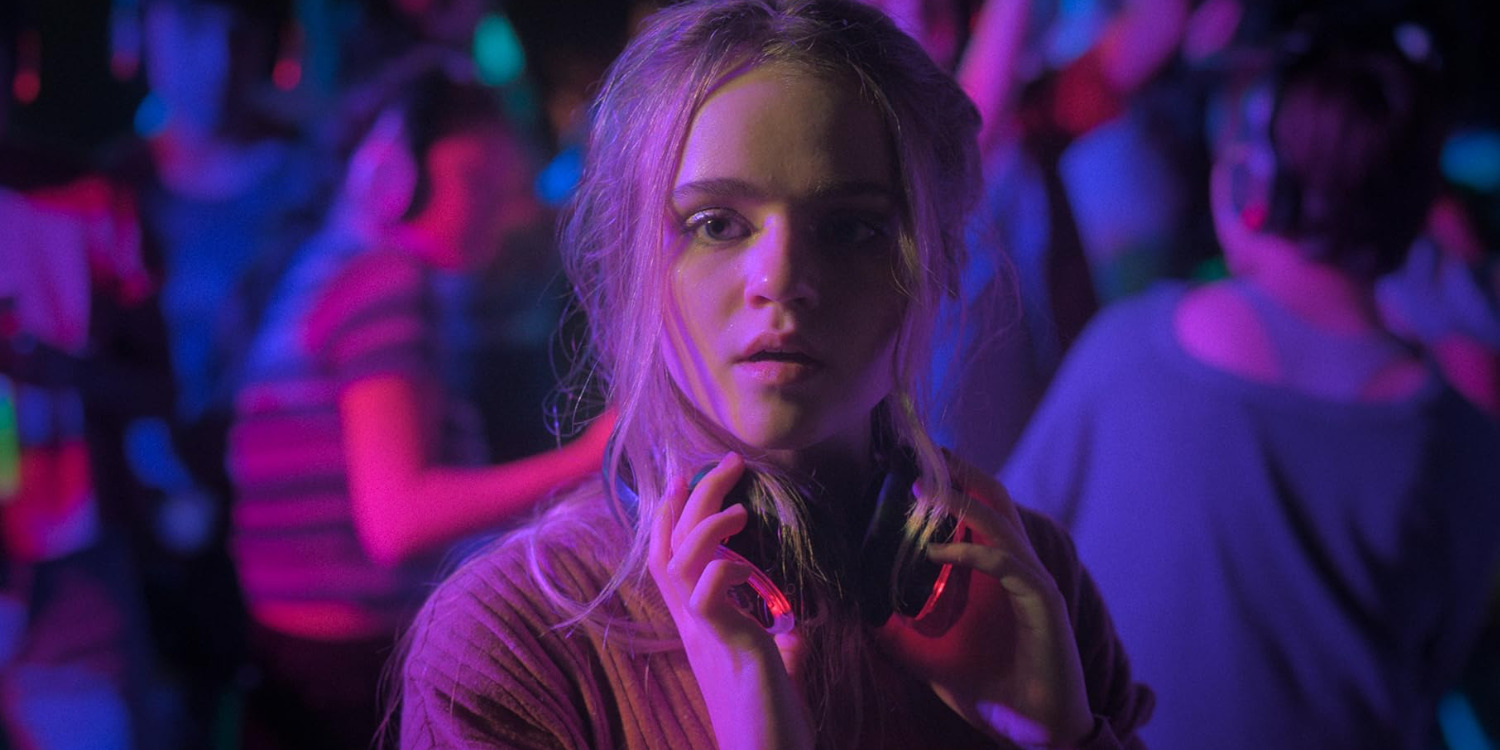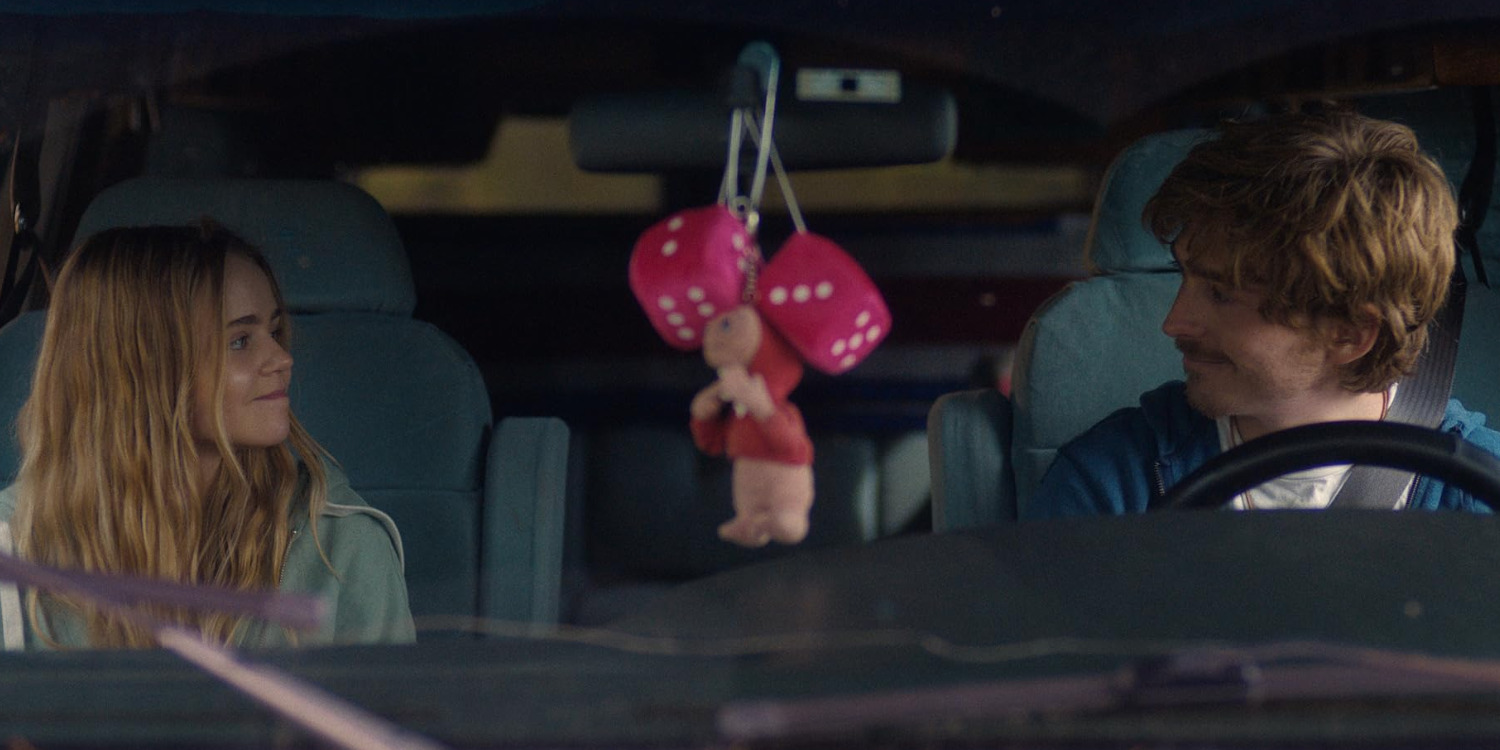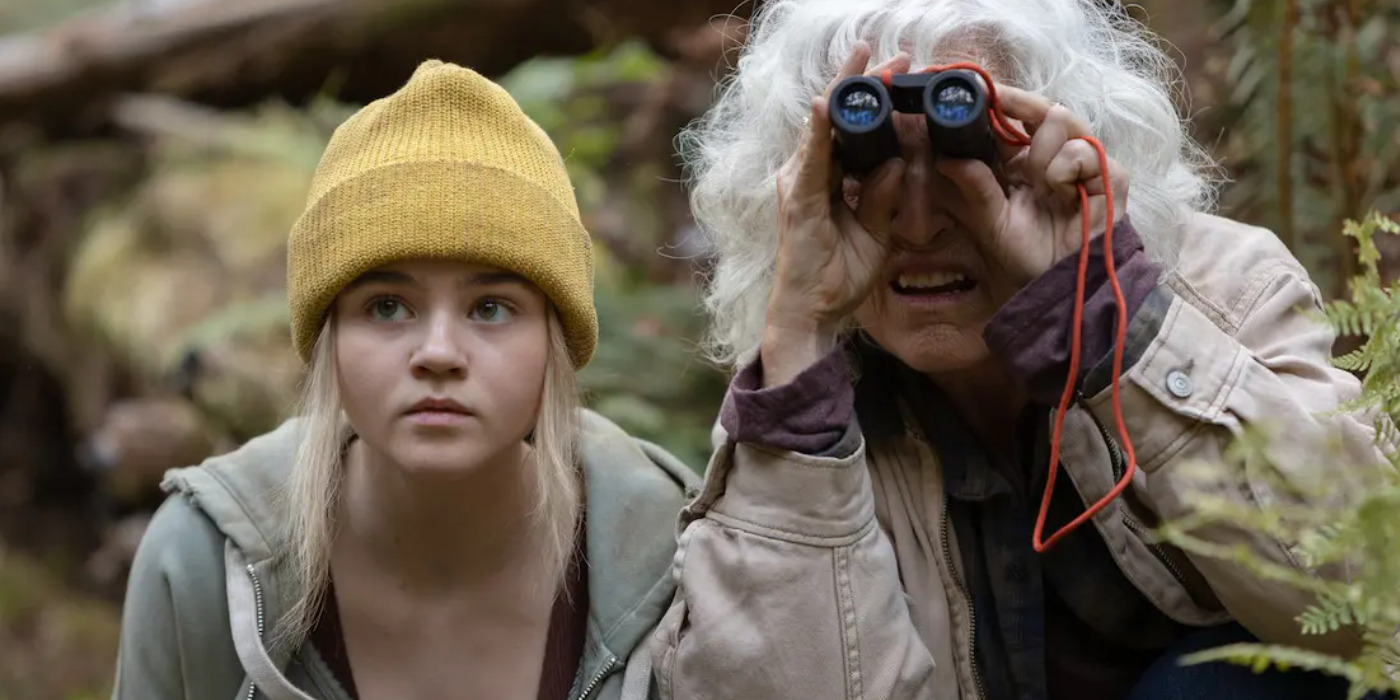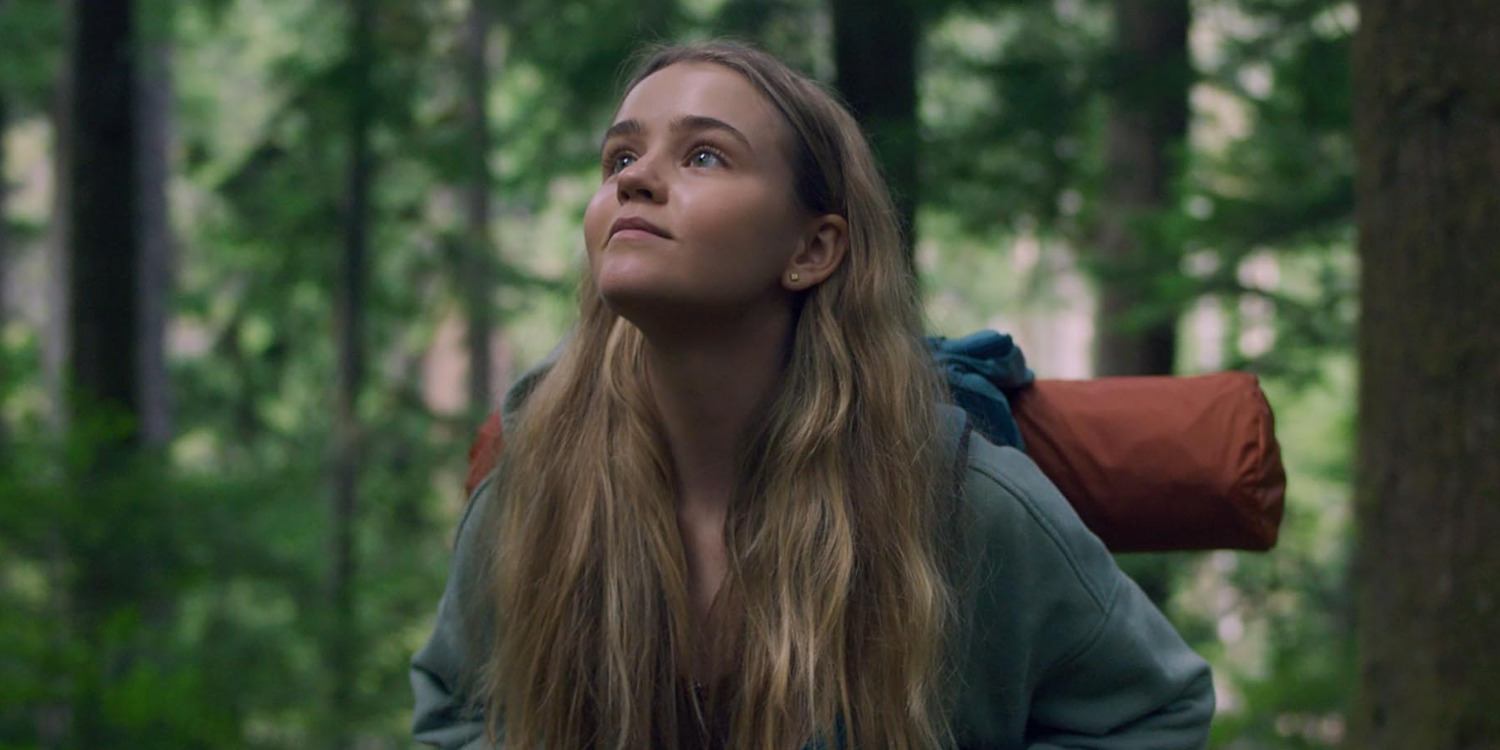‘Penelope,’ the Netflix drama show created by Mel Eslyn and Mark Duplass, centers around the titular character’s coming-of-age journey, which involves an unconventional foray into the wilderness. Penelope, a 16-year-old girl, is painstakingly aware of an unnamed absence in her life. Consequently, as an opportunity presents itself, she decides to tug at the ever-present pull she feels toward nature and runs away from home to a national forest. Entirely reliant on the elements for her survival, the young girl begins reconnecting with nature and finds herself on a path of self-discovery in the process.
The show chronicles Penelope’s riveting experiences in the forest as she reverts to the basics and hones her survival skills to make a new life for herself. In her journey, her path crosses with a sprinkle of new faces—from Sam, a musician with a big heart, to the passionate environmentalist Helena—who substantially influences her narrative. However, does this exhilarating narrative of a teenager’s escape into nature hold any basis in reality?
Penelope Presents a Fictional Story About a Return to Nature
In ‘Penelope,’ the protagonist undertakes an incredible adventure that stems from the disconnect she experiences from nature in her regular life. This adventure itself isn’t inspired by real-life events—rendering Penelope’s narrative a largely fictitious story. Even so, the themes laced within the teenage girl’s unique experiences emulate a reality that many people may find themselves relating to. The project began in 2020, during the pandemic, when Mark Duplass and his family were watching the reality survival TV show, ‘Alone.’ During this time, he noticed that the show captured the attention of everyone, from his elderly father to his young daughters.

As a result, the experience—paired with the distinctive isolation of lockdown—made Duplass realize that many people feel a universal disconnect, especially from nature in the contemporary world. Therefore, ‘Penelope’ came into its inception as Duplass began working on the show, eventually going on to add Mel Eslyn to the project as the showrunner. Consequently, the show focuses on the spiritually healing aspect of survival in the woods, highlighting Penelope’s heightened sense of self once she is away from technology and surrounded by something much more primal.

In a conversation with The New York Post, Duplass spoke about the same, saying, “I wrote it (‘Penelope’) during the pandemic. I think we were all feeling a little strange and disconnected. We all also became addicted to our technology. But at the same time, I was starting to realize this technology—our phones, our relations to them—might be destroying us.” As such, the show stems from Duplass’ own understanding of the perpetual yearning for nature that the modern city-centric population is prone to. In that way, Penelope’s narrative throughout the show presents a universally relatable issue grounded in reality. Nonetheless, it doesn’t actually document a real-life story that ever existed beyond the screen.
Penelope is Duplass’ Self-Proclaimed Fictionalized Avatar
Even though Penelope’s character in the show isn’t an on-screen counterpart of an actual teenage girl, she still holds certain substantial connections in real life. Mark Duplass, who initiated Penelope’s character creation, took inspiration from his own experiences and worldview for her character. “(So) I started writing this series about a 16-year-old girl who leaves everything behind, doesn’t explain it to anyone, and goes to live out in the woods. And I think she doesn’t really understand what it is,” Duplass shared in an interview with IndieWire. “So, in this way, Penelope kind of became an avatar for me and what I was feeling.”

Additionally, Duplass also mined his own experiences to curate Penelope’s narratives. As per reports, he is a backpacker who often undertakes trips to the wilderness for days, parting ways with his technological devices for the duration. Therefore, he was able to draw from his own experiences of those trips to curate Penelope’s experiences. “That community (of backpackers) in particular was very inspiring to me because they’re so kind and loving… we’re all at war right now: culturally, socially, politically,” said Duplass. “When you’re out camping and backpacking, everyone is there to support you. And a lot of the characters in ‘Penelope’ are reflective of that.” Thus, utilizing his own reality, Duplass realistically molds Penelope’s fictional character.


You must be logged in to post a comment.